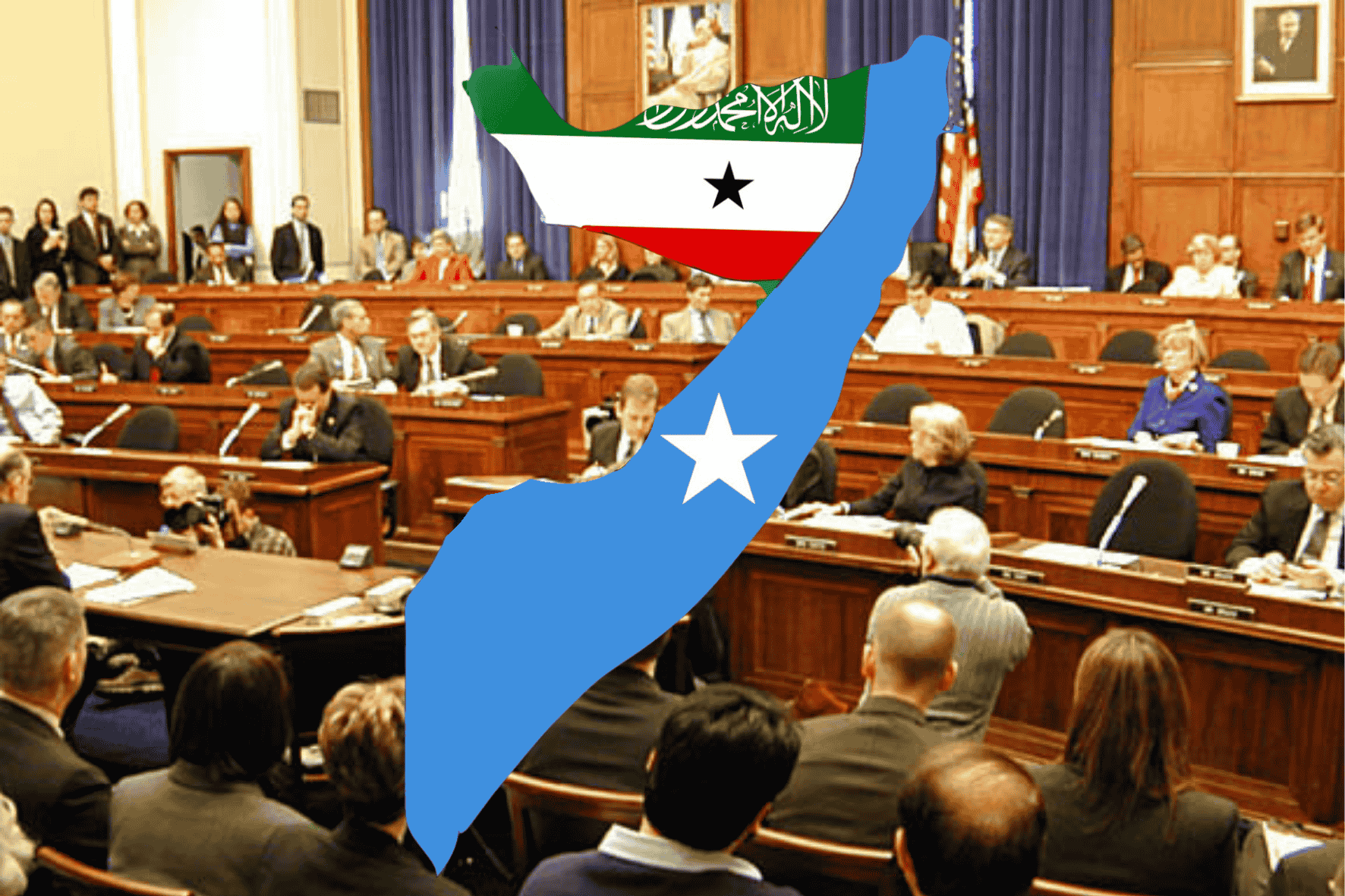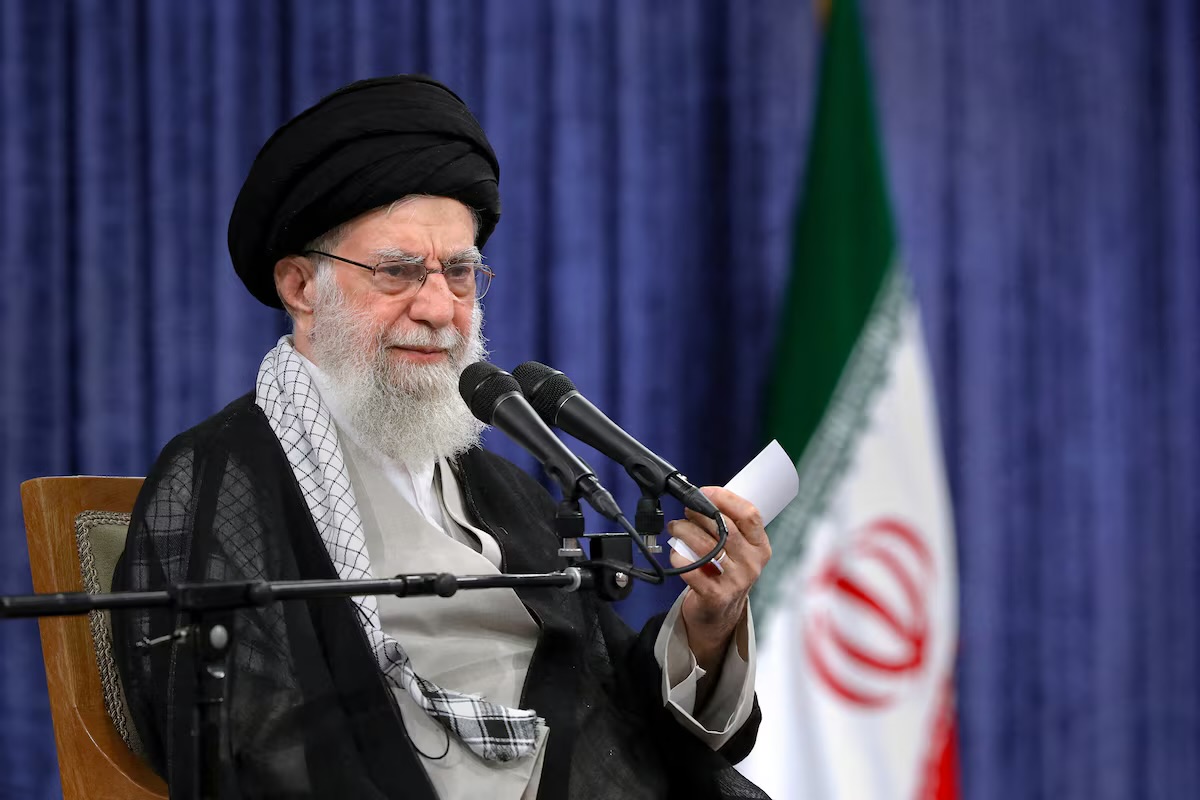Washington, D.C., September 19, 2025 — The Advocate Post – By Abdul Rafay Afzal: The U.S. House Foreign Affairs Committee has passed a sweeping bipartisan bill to reauthorize and restructure the Department of State, featuring a landmark provision focused on Somaliland, a self-declared republic in the Horn of Africa long seeking international recognition. The legislation signals a potential pivot in U.S. policy toward the region, reflecting broader geopolitical and economic considerations.
Somaliland in Focus: Travel, Investment, and Diplomatic Engagement
Section 305 of the Department of State Policy Provisions Act (H.R. 5300) instructs the Secretary of State to explore ways to facilitate American citizens’ travel and business investment in Somaliland. This includes considering the establishment of a U.S. representative office in Hargeisa, Somaliland’s capital, and the bifurcation — or splitting — of travel advisory warnings between Somaliland and Somalia.
Currently, U.S. travel advisories treat Somalia and Somaliland as a single entity, often warning against travel due to the ongoing conflict and instability in southern Somalia. Creating separate advisories would acknowledge Somaliland’s relative stability, democratic governance, and improved security situation. This nuanced approach allows travelers and investors to distinguish between the risk levels in each territory, potentially encouraging more economic engagement with Somaliland.
Regional Geopolitical Context: A Strategic U.S. Interest
The Horn of Africa is a critical geopolitical hotspot where global powers compete for influence. China has expanded its footprint with infrastructure investments and military cooperation, while Russia and Gulf States engage through political and security partnerships. For the United States, strengthening ties with Somaliland aligns with a strategic goal to counterbalance these rising influences and promote democratic governance and stability in the region.
Somaliland’s de facto independence since 1991, coupled with its track record of relative peace and functioning democratic institutions, makes it an attractive partner. The potential establishment of a U.S. diplomatic presence in Hargeisa would deepen bilateral relations, facilitating cooperation on counterterrorism, maritime security (given Somaliland’s proximity to vital shipping lanes near the Gulf of Aden), and regional economic development.
Economic Implications: Opening Doors for Trade and Investment
By easing travel restrictions and signaling diplomatic openness, the legislation could spur foreign direct investment in Somaliland. The region, rich in livestock, fisheries, and natural resources, has untapped economic potential. Enhanced U.S. engagement may facilitate infrastructure development, improve access to global markets, and encourage American businesses to explore opportunities in Somaliland’s emerging economy.
Moreover, a bifurcated travel advisory system would reduce the stigma currently associated with the entire Somali region, helping investors and travelers make informed decisions based on Somaliland’s comparatively safer environment. This could catalyze new business ventures, job creation, and trade partnerships — all of which contribute to long-term regional stability.
What Does Bifurcation of Travel Advisories Mean?
Travel advisories are critical for informing U.S. citizens about security risks abroad. Treating Somalia and Somaliland as a single advisory area currently results in blanket warnings against travel, due to high threats from militant groups like Al-Shabaab in southern Somalia. A bifurcated advisory would provide separate, tailored guidance:
For Somaliland: A more positive advisory recognizing improved security and political stability, potentially encouraging tourism, humanitarian missions, and business travel and in their case a step to greater autonomy and recognition of their status official or unofficial.
For Somalia: Continued caution due to ongoing security risks, insurgency, and political instability can be seen as a diplomatic upset if it passed and implemented further.
Such a distinction implicitly acknowledges Somaliland’s autonomy and relative success in governance — a subtle but meaningful policy shift that could open new diplomatic and economic channels.
Somaliland’s Reaction and Path Forward
Somaliland’s Foreign Minister Abdirahman Dahir Aden praised the committee’s approval as a historic milestone toward formal recognition and stronger ties. He stated:
“This legislation opens the door for stronger diplomatic and trade relations with the United States and acknowledges Somaliland’s commitment to peace, security, and democracy.”
As the bill moves to the full House and then the Senate, all eyes will be on how the U.S. balances regional sensitivities. Official recognition remains a contentious issue, with Somalia’s federal government opposing any unilateral moves. Nonetheless, this legislative step signals increasing bipartisan U.S. support for engaging Somaliland as a distinct entity, a potential game-changer for the Horn of Africa’s diplomatic and economic landscape.






